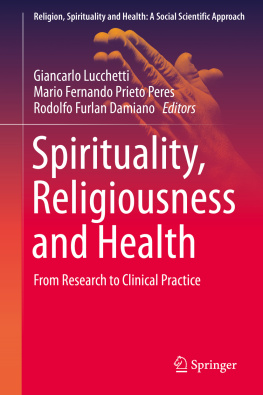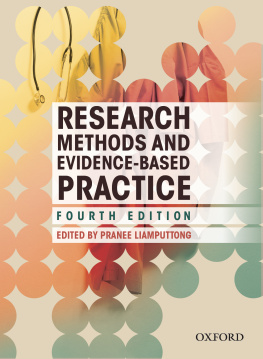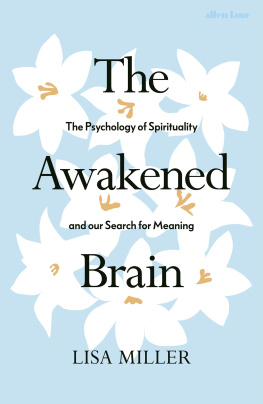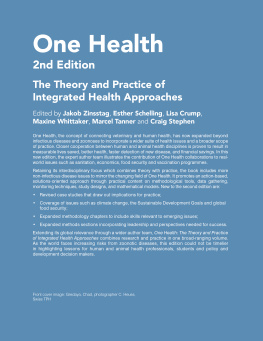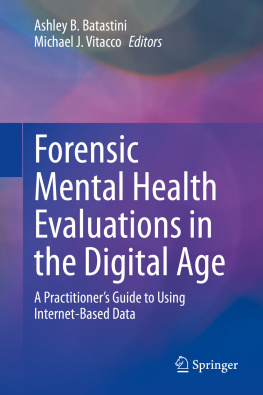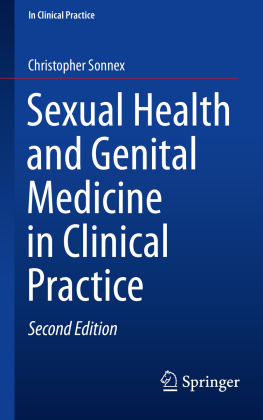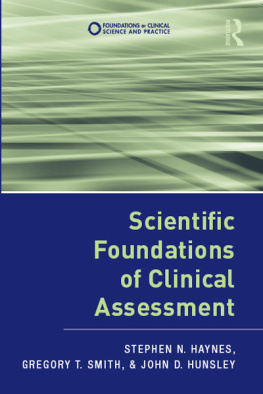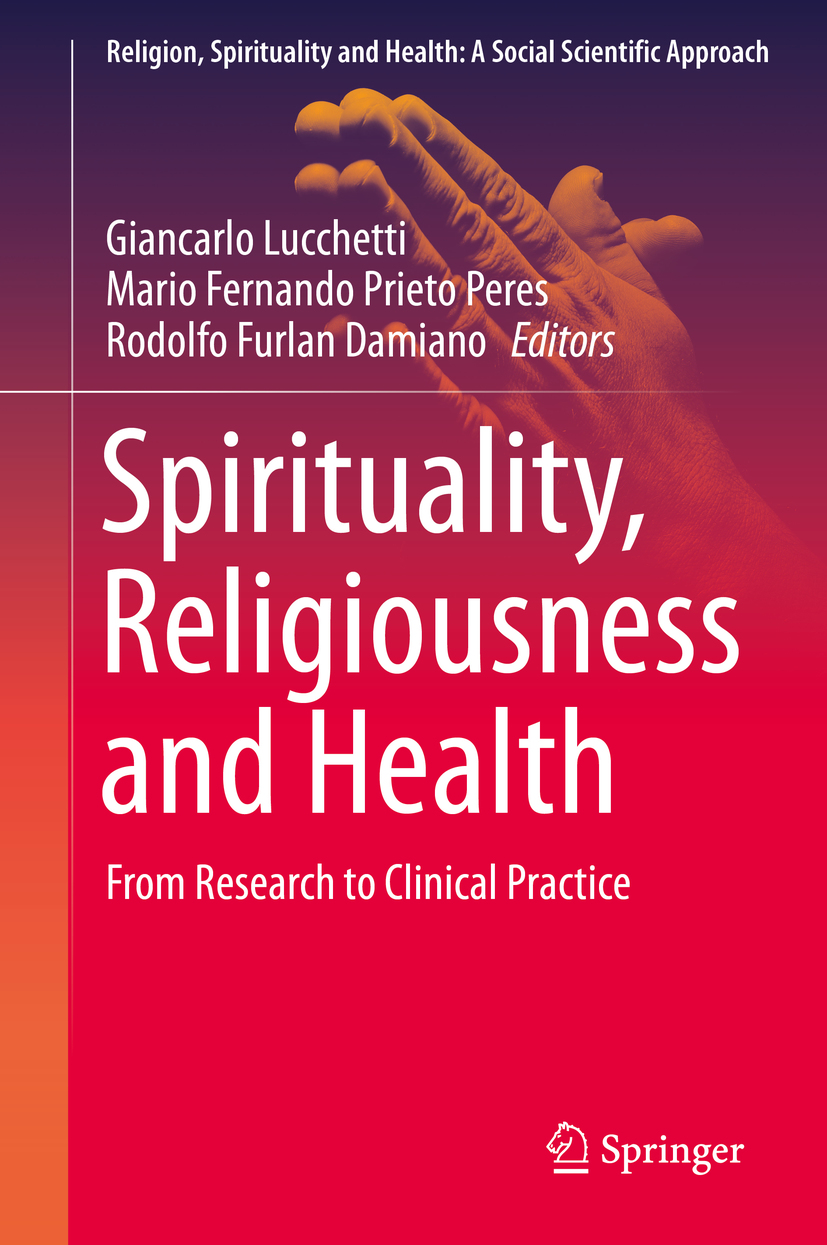Volume 4
Religion, Spirituality and Health: A Social Scientific Approach
Series Editors
Alphia Possamai-Inesedy
University of Western Sydney, Penrith, New South Wales, Australia
Christopher G. Ellison
The University of Texas at San Antonio, San Antonio, Texas, USA
Editorial Board
Amy Ai
Florida State University, Tallahassee, USA
Maureen Benjamins
Sinai Urban Health Institute, Chicago, USA
Alex Bierman
University of Calgary, Calgary, Canada
Matt Bradshaw
Baylor University, Waco, USA
Alexander Broom
University of Queensland, Brisbane, Australia
George Fitchett
Rush University, Chicago, USA
Paul Heelas
Lancaster University, Bailrigg, UK
Terrence Hill
University of Arizona, Tucson, USA
Ellen Idler
Emory University, Druid Hills, USA
Harold Koenig
Duke University, Durham, USA
Neal Krause
University of Michigan, Ann Arbor, USA
Jeff Levin
Baylor University, Waco, USA
Pranee Liamputtong
Latrobe University, Melbourne, Australia
Keith Meador
Vanderbilt University, Nashville, USA
Doug Oman
University of California-Berkeley, Oakland, USA
Kenneth Pargament
Bowling Green State University, Bowling Green, USA
Crystal Park
University of Connecticut, Storrs, USA
Jenny Trinitapoli
Pennsylvania State University, State College, USA
The relationship between religious/spiritual belief or behaviour and health behaviour has been explored over several decades and across various disciplines. Religious variables have consistently been found to have a direct relationship to physical and mental health. At the same time - research has also indicated potential societal tensions that can exist between religion and health we have seen this in relation to family planning, HIV/AIDS, and reproduction. This book series aims to uncover the impact of religion on individual health behaviours and outcomes but also the influence of religion on health practices at the community level. This book series uncovers the impact of religion on individual health behaviors and outcomes, as well as the influence of religion on health practices at the community level. It consists of volumes that are based on multi-methodological approaches, provide quantitative and qualitative forms of analysis, and advance the understanding of the intersection between religion and health beyond the correlation of religious belief and health outcomes. Building on earlier research, the series explores the direct relationship between religious variables and physical and mental health, as well as the potential societal tensions that have been shown to exist between religion and health for example in relation to family planning, HIV/AIDS, and reproduction. Spoken values are often shared within religious communities; however, religious influence can at times be extended outside of the community in instances of service provisions such as hospital ownership, various research active think tanks, political action, and the development of community mores.
More information about this series at http://www.springer.com/series/13437
Editors
Giancarlo Lucchetti , Mario Fernando Prieto Peres and Rodolfo Furlan Damiano
Spirituality, Religiousness and Health
From Research to Clinical Practice
Editors
Giancarlo Lucchetti
School of Medicine, Federal University of Juiz de Fora, Juiz de Fora, Brazil
Mario Fernando Prieto Peres
Institute of Psychiatry, University of So Paulo, So Paulo, Brazil
Hospital Israelita Albert Einstein, So Paulo, Brazil
Rodolfo Furlan Damiano
Institute of Psychiatry, University of So Paulo, So Paulo, Brazil
ISSN 2627-6011 e-ISSN 2627-602X
Religion, Spirituality and Health: A Social Scientific Approach
ISBN 978-3-030-21220-9 e-ISBN 978-3-030-21221-6
https://doi.org/10.1007/978-3-030-21221-6
Springer Nature Switzerland AG 2019
This work is subject to copyright. All rights are reserved by the Publisher, whether the whole or part of the material is concerned, specifically the rights of translation, reprinting, reuse of illustrations, recitation, broadcasting, reproduction on microfilms or in any other physical way, and transmission or information storage and retrieval, electronic adaptation, computer software, or by similar or dissimilar methodology now known or hereafter developed.
The use of general descriptive names, registered names, trademarks, service marks, etc. in this publication does not imply, even in the absence of a specific statement, that such names are exempt from the relevant protective laws and regulations and therefore free for general use.
The publisher, the authors, and the editors are safe to assume that the advice and information in this book are believed to be true and accurate at the date of publication. Neither the publisher nor the authors or the editors give a warranty, express or implied, with respect to the material contained herein or for any errors or omissions that may have been made. The publisher remains neutral with regard to jurisdictional claims in published maps and institutional affiliations.
This Springer imprint is published by the registered company Springer Nature Switzerland AG.
The registered company address is: Gewerbestrasse 11, 6330 Cham, Switzerland
Giancarlo Lucchetti : To my parents, Jos Carlos Lucchetti (in memoriam) and Margarete C. C. Lucchetti, for being examples of honesty and perseverance and for supporting my journey into my medical career. To my lovely wife, Alessandra L. G. Lucchetti, my partner in the good and not-so-good moments of my life, this book is also your achievement, and it would not happen without your guidance. To my friends Mario Peres and Rodolfo Damiano for believing in this project from the beginning, I learnt a lot with you.
Mario F. P. Peres : To the opportunity of living with a great family, having great education, working with great people, having great examples in life, having enlightened by great masters, and learning with my mistakes and for whoever made all this possible.
Rodolfo F. Damiano : To my parents, Henrique Damiano and Magali C. F. Damiano, who supported me through this adventure in medicine. To Dr. Lisabeth L. DiLalla and Dr. Giancarlo Lucchetti, both who trusted in my capacity and became a role model to me (and probably to all their students). To all my friends, professors, and colleagues who did not hesitate in showing my fragilities and helped me to become a better person.
Foreword
Many studies have shown that spiritual and religious beliefs impact mental and physical health outcomes. Spirituality and religiosity (S/R) are usually positively associated with quality of life and well-being and negatively associated with depression, anxiety, suicidality, and drug use. Likewise, S/R is related to a variety of health parameters including blood pressure, levels of body inflammation, susceptibility to coronary artery disease, and overall survival.
There are currently thousands of S/R studies published in peer-reviewed indexed journals in all psychological, social, public health, and medical fields, and several high-profile research groups from all over the world are now investigating these relationships. The studies are increasing in sample size, quality of methodology (increasing numbers of prospective studies in randomized clinical trials), and overall scientific credibility, and the results have been quite promising.

